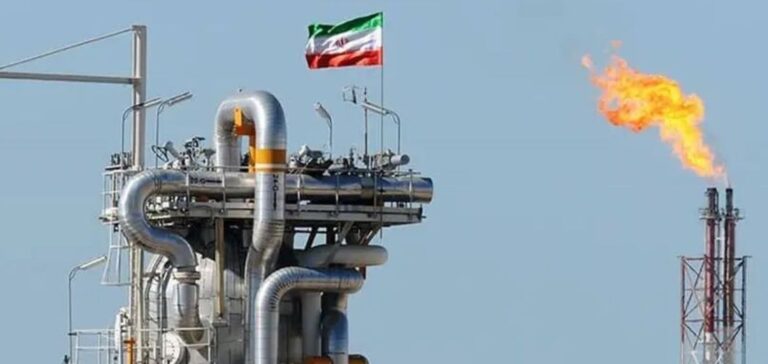According to the World Bank’s latest gas flaring report, published in June 2023, the total volume of gas flared rose by 7% to 148 billion cubic meters, the highest level since 2019. This increase comes after a period of decline in 2022, highlighting persistent challenges in the global reduction of this harmful practice.
Significant increase in Iran
Iran has recorded a notable 19% increase in the volume of gas flared in 2023, reaching 20.4 billion cubic meters. This increase is of particular concern as it coincides with an increase in oil production in the country, resulting in an 8% jump in flaring intensity, the highest since satellite estimates began in 2012. The World Bank points to a lack of investment in infrastructure and gas utilization as key factors behind this increase.
Regional Comparison and Reduction Efforts
In the rest of the Middle East and North Africa region, the situation varies significantly. For example, Saudi Arabia recorded a 31% increase in its flaring volume, despite slightly reduced oil production due to OPEC+ commitments. Conversely, Iraq slightly reduced its gas flaring by 1% despite an increase in oil production, thanks to recent agreements with US companies to reduce flaring. Egypt, Oman and Algeria also recorded declines in their gas flaring volumes, with Oman in particular reporting a steady decrease for the fourth year running, thanks to proactive reduction initiatives led by Petroleum Development Oman.
Future implications and prospects
The increase in flaring intensity in Iran and other countries in the region underscores the critical need for investment in flared gas reduction technologies and in infrastructure enabling better use of natural gas. These investments are essential not only to reduce greenhouse gas emissions, but also to optimize the energy value of natural resources. International cooperation and technological innovation will play a key role in resolving these energy and environmental challenges.
While gas flaring remains a major challenge for oil-producing countries, regional variations in flaring volume and intensity reflect differences in national policies and the effectiveness of reduction initiatives. A focus on investment and cutting-edge technologies is crucial to mitigating these practices and improving the environmental sustainability of oil operations.






















